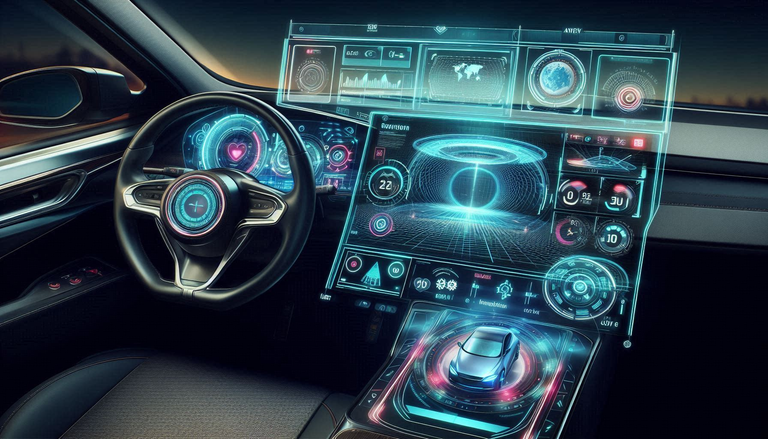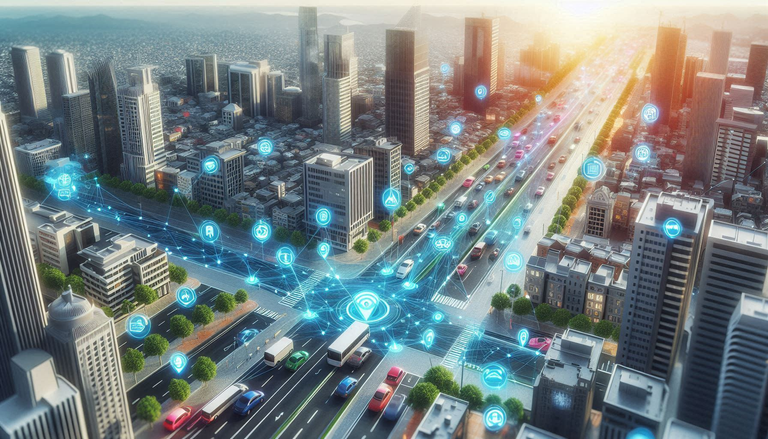The Promise and Perils of Connected Cars

The Dawn of Connected Mobility
In an era where our smartphones have become extensions of ourselves, our vehicles are following suit. Connected cars, once a futuristic concept, are now rolling off production lines and onto our streets, promising to revolutionize not just how we drive, but how we live and interact with our environment. This technological leap forward brings with it a host of benefits, challenges, and profound implications for society at large.
Safety and Efficiency: A New Era on the Road
The most compelling argument for connected cars is their potential to dramatically improve road safety and efficiency. With real-time data exchange between vehicles and infrastructure, connected cars can alert drivers to hazards well before they become visible. Advanced Driver Assistance Systems (ADAS) can intervene to prevent accidents, applying brakes or adjusting steering when human reaction times would be too slow. Volvo's connected car technology has already shown promising results, with their City Safety system reducing rear-end collisions by 41% in equipped vehicles. Beyond safety, connected cars are reshaping our urban landscapes. In Singapore, a pilot project using connected car data has helped optimize traffic light timing, reducing average travel time by 12%. Looking further ahead, researchers at MIT have developed algorithms that could allow connected cars to navigate intersections without traffic lights, creating a choreographed dance of vehicles that never need to stop.

The Dark Side of Connectivity: Privacy and Security Risks
However, this brave new world of connected mobility doesn't come without its pitfalls. As cars become more like computers on wheels, they inherit the vulnerabilities of digital systems. In 2015, security researchers demonstrated they could remotely control a Jeep Cherokee, prompting a recall of 1.4 million vehicles. This new reality demands a complete rethinking of automotive security, blending traditional safety measures with cutting-edge cybersecurity protocols. Moreover, the environmental impact of these high-tech vehicles must be considered. While connected cars can optimize routes and reduce congestion, potentially lowering emissions, the rapid obsolescence of increasingly complex vehicles could offset some of these gains.
Steering Towards a Safer Future.
The advent of connected cars marks a pivotal moment in the evolution of transportation, promising safer roads, smarter cities, and more efficient journeys. Yet, it also presents complex challenges around privacy, security, and environmental sustainability. As we navigate this new terrain, we must strive to harness the potential of connected cars while mitigating their risks. The road ahead is long and winding, but with careful consideration and proactive planning, we can steer towards a future where connected mobility enhances not just our driving experience, but the very fabric of our society.
Congratulations @mrquye1! You received a personal badge!
You can view your badges on your board and compare yourself to others in the Ranking
Check out our last posts:
Congratulations @mrquye1! You received a personal badge!
You can view your badges on your board and compare yourself to others in the Ranking
Check out our last posts: